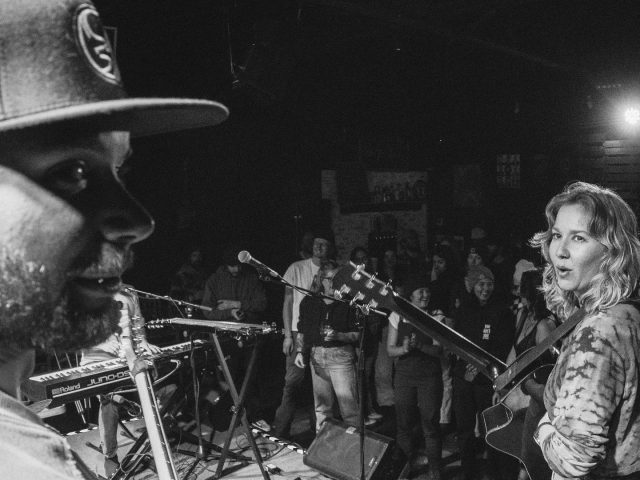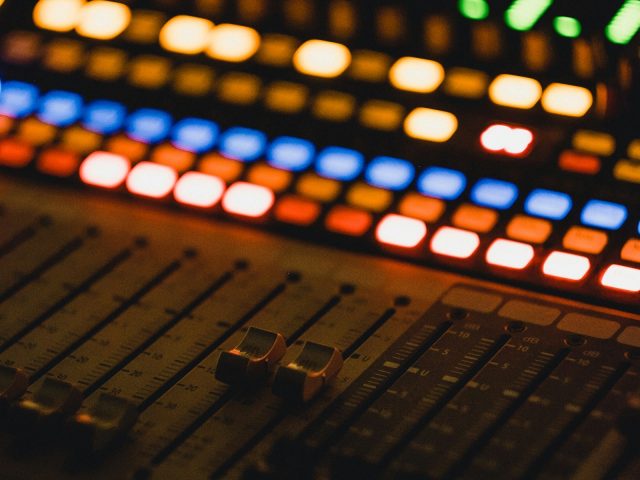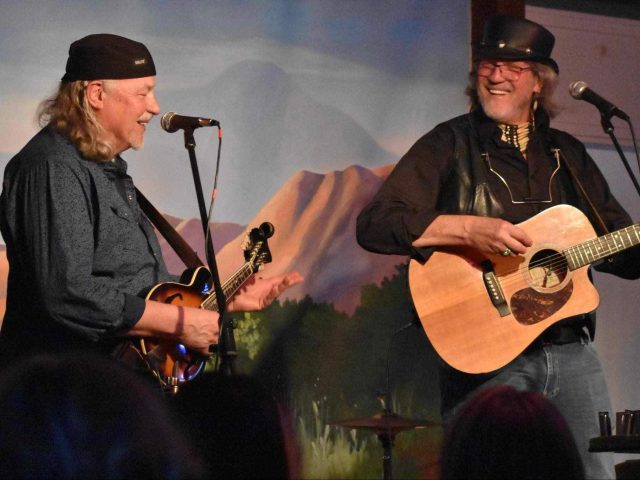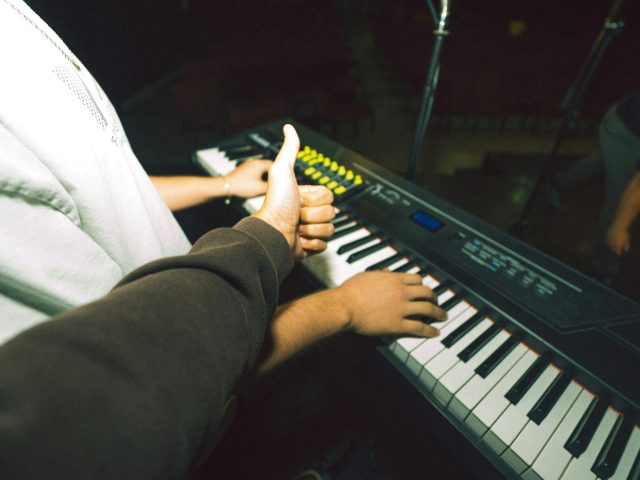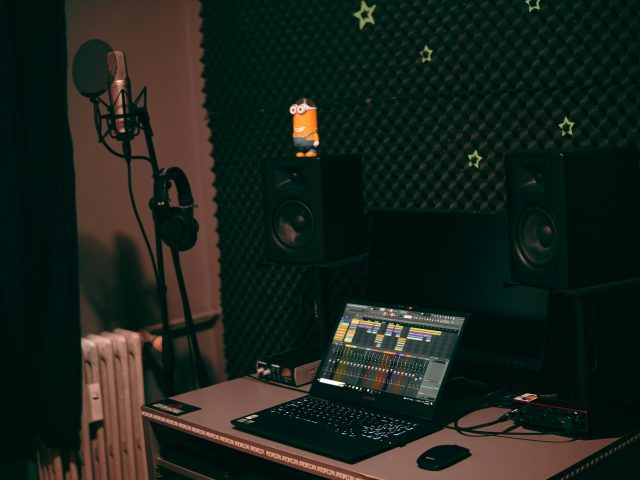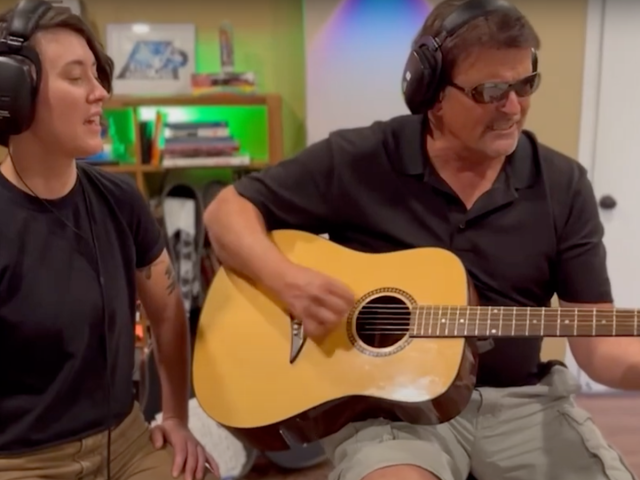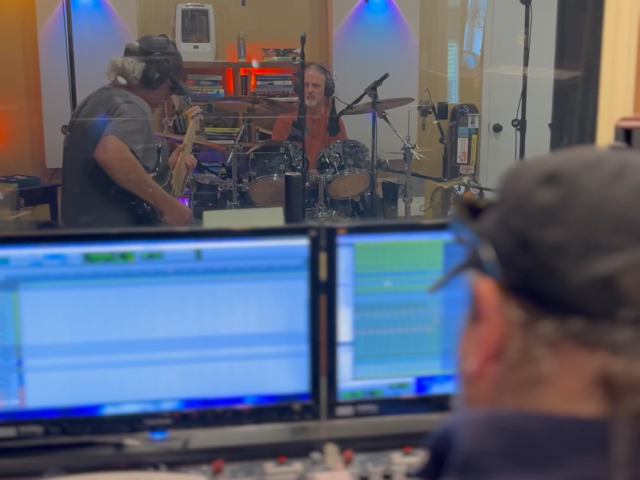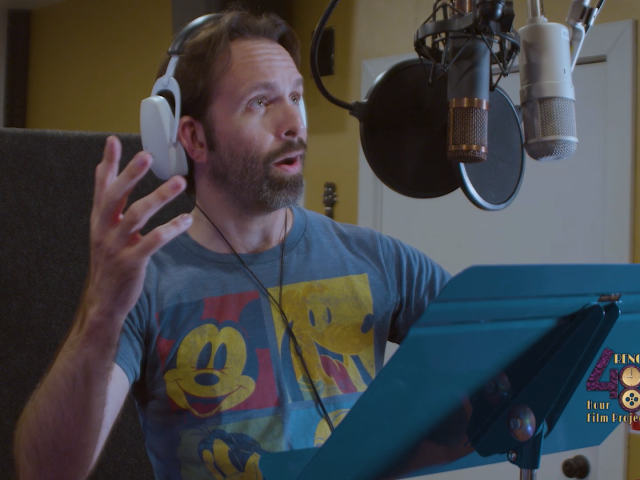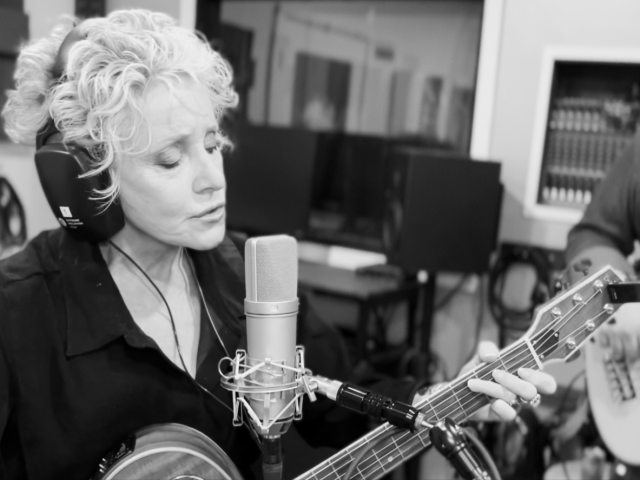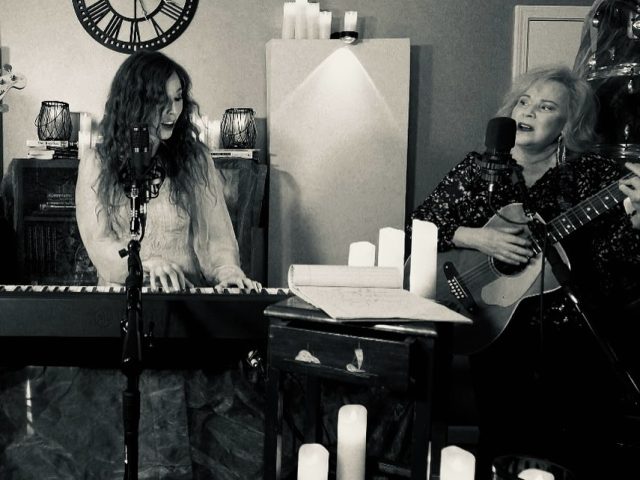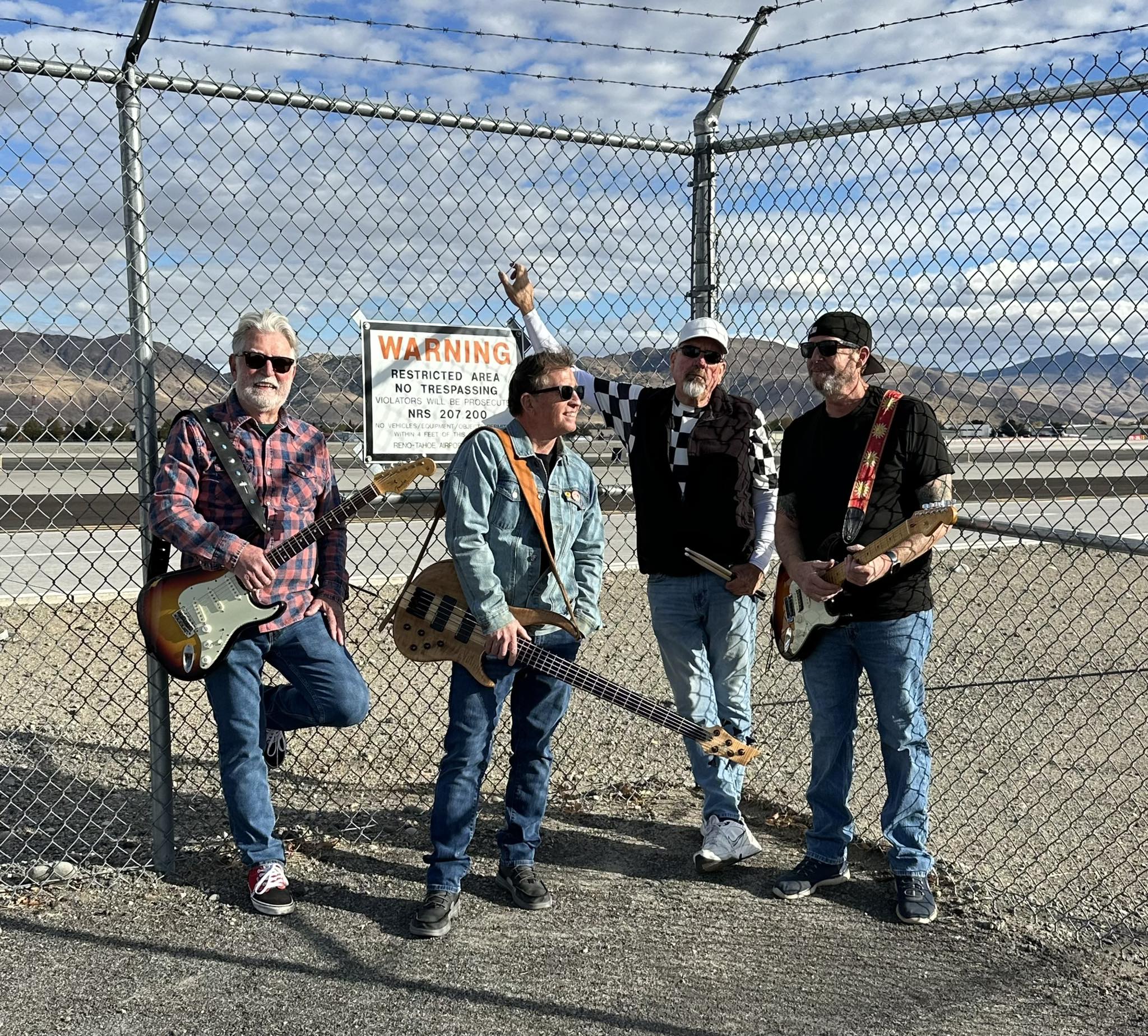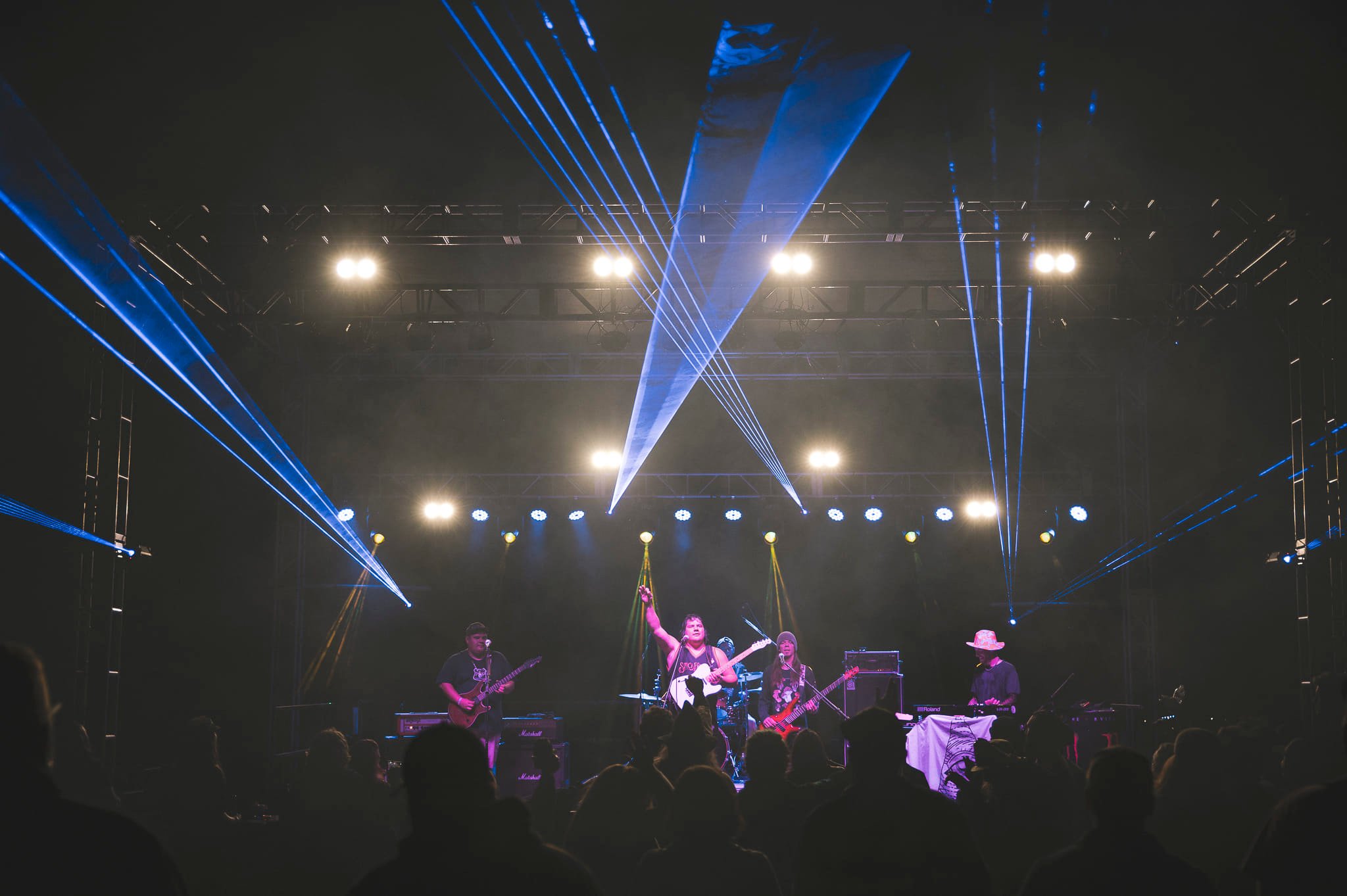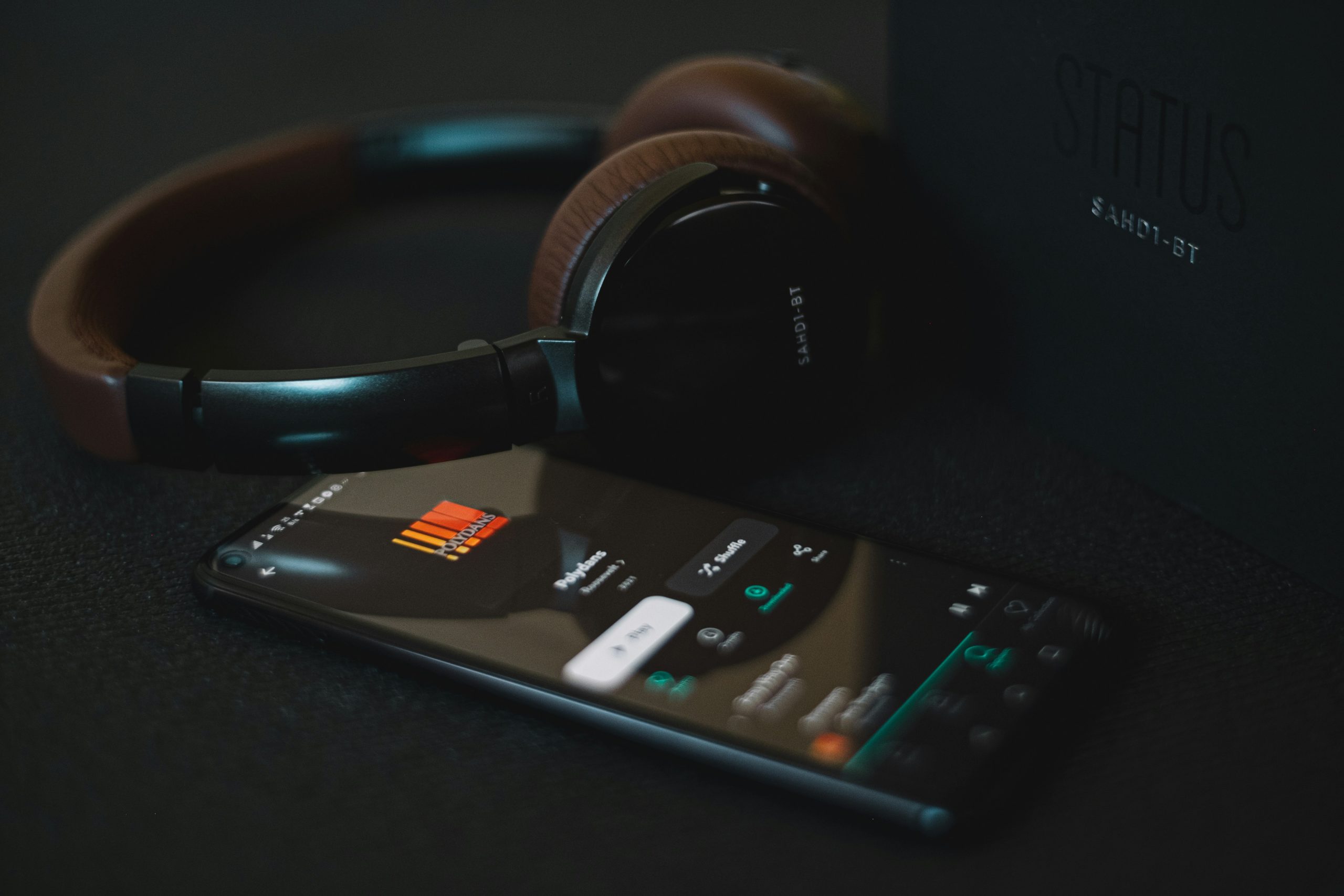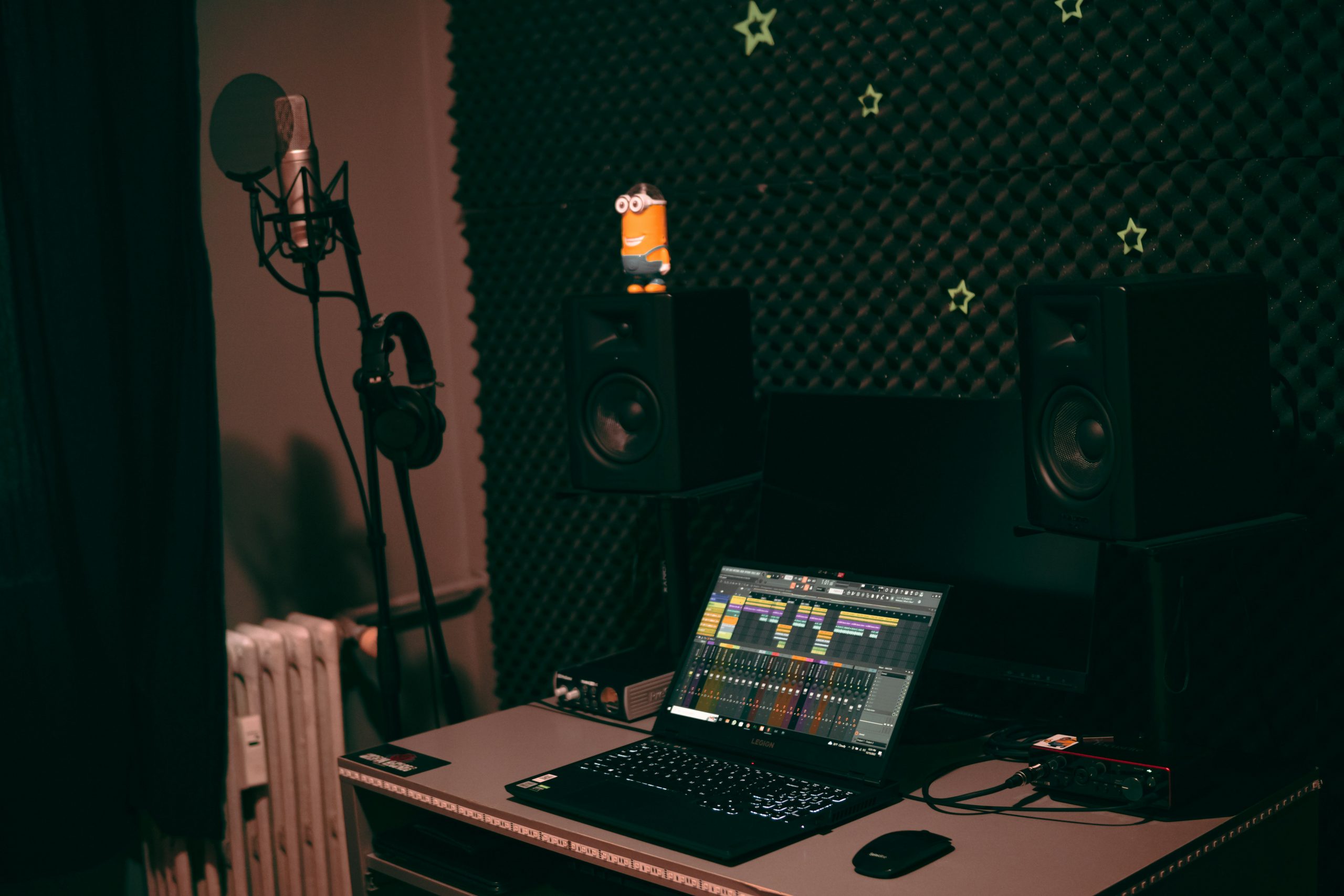
Are Home Studios Dead? Why Reno Musicians Are Returning to Professional Recording Spaces
Are Home Studios Dead? Why Reno Musicians Are Returning to Professional Recording Spaces
The short answer? Home studios aren’t dead: but they’re not the complete solution many musicians thought they’d be. While bedroom producers and DIY artists continue to thrive with their home setups, we’re seeing a fascinating trend emerge, particularly here in Reno: seasoned musicians are recognizing the irreplaceable value that professional recording spaces bring to their craft.
The landscape has shifted dramatically since the early 2000s when affordable recording equipment democratized music production. What seemed like the death knell for professional studios has actually created a more nuanced ecosystem where both home and professional recording spaces serve distinct, valuable purposes.
The Home Studio Reality Check
Let’s be honest about what happened with home studios. The promise was compelling: record whenever you want, spend as much time as you need, and do it all for a fraction of traditional studio costs. For many artists, especially those starting out, this democratization has been genuinely life-changing.
Home studios excel at certain things. They’re perfect for songwriting, demo creation, and artists who’ve developed strong engineering skills over time. The convenience factor can’t be overstated: there’s something powerful about capturing a creative moment at 2 AM without having to book studio time or travel anywhere.
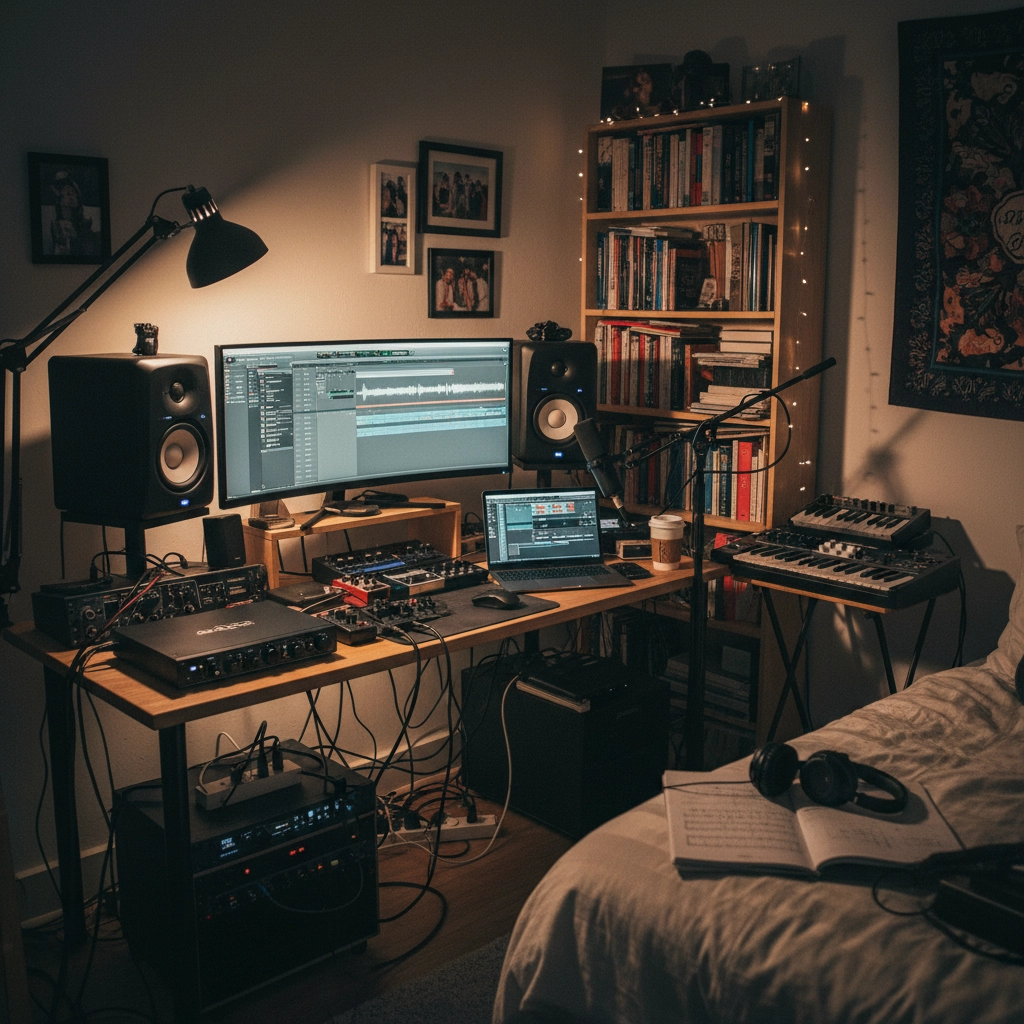
But here’s what many musicians discovered after years of working exclusively from home: convenience doesn’t always equal quality, and isolation doesn’t always breed the best creativity. The technical limitations, acoustic challenges, and missing collaborative element started to show in the final product.
The Professional Studio Renaissance
Rather than dying out, professional recording studios are experiencing what we’d call a renaissance: but it’s selective. The massive commercial facilities that charged thousands per day have largely disappeared, as the research shows. However, boutique studios like Abbey West Recording are thriving by offering something home studios simply can’t match: a complete professional ecosystem.
The musicians returning to professional spaces aren’t abandoning their home setups entirely. Instead, they’re using them strategically for pre-production while recognizing that certain projects demand professional treatment from start to finish.
Why Reno Musicians Are Making the Switch Back
In Reno’s growing music scene, we’ve witnessed this trend firsthand. Local artists who spent years perfecting their home studio skills are increasingly booking professional time for their most important projects. Here’s what’s driving this shift:
Acoustic Environment That Actually Works
Home studios, no matter how well-intentioned, face fundamental acoustic challenges. Most bedrooms, basements, or spare rooms weren’t designed for recording. Professional studios invest heavily in acoustic treatment, proper monitoring, and soundproofing that creates an environment where artists can hear and capture their music accurately.
When you’re trying to make decisions about your mix in an untreated room with less-than-ideal monitors, you’re essentially working blind. Professional studios eliminate these variables, allowing artists to focus purely on creative and musical decisions.
Equipment That Goes Beyond “Good Enough”
While home studio gear has improved dramatically, professional studios maintain collections of equipment that would be prohibitively expensive for individual artists to own. We’re talking about multiple high-end microphones for different applications, professional outboard gear, and monitoring systems that reveal every nuance of a recording.
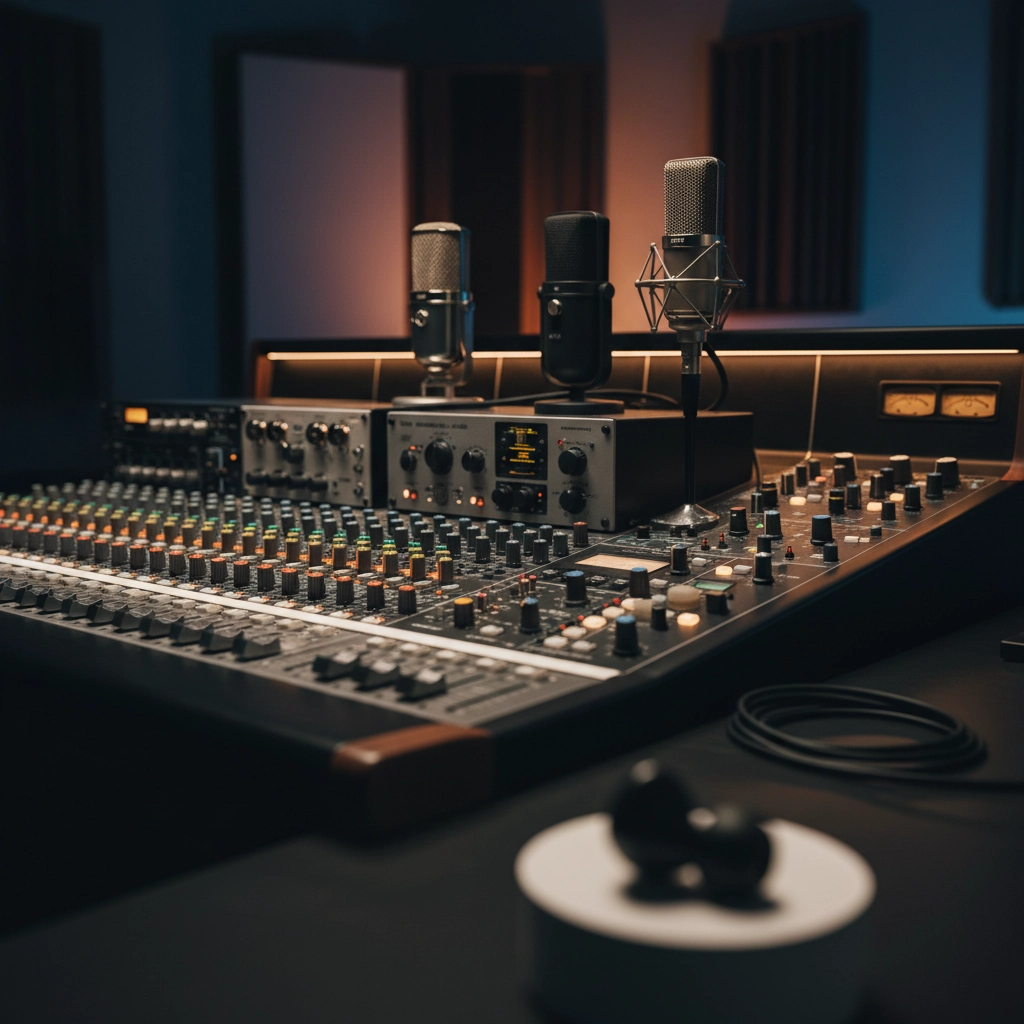
The difference isn’t just about having expensive gear: it’s about having the right tool for each specific job. A professional studio might have ten different vocal microphones, each with its own character, allowing engineers to find the perfect match for each artist’s voice and the song’s style.
**The Collaboration Factor
Perhaps the most underestimated aspect of professional studio work is the human element. Working with experienced engineers brings an outside perspective that’s impossible to replicate in isolation. Engineers contribute ideas, catch problems artists might miss, and often push creative boundaries in ways that lead to breakthrough moments.
We’ve seen this countless times at Abbey West: an artist comes in with a solid demo, but through collaboration with our team, the song transforms into something neither party could have created alone. This creative chemistry is one of the most compelling reasons musicians are returning to professional spaces.
The Reno Advantage
Reno’s music scene has reached a tipping point where artists are ambitious enough to invest in professional production but still connected to the collaborative, supportive community that makes great music possible. Unlike major metropolitan areas where studio rates can be prohibitive, Reno offers professional facilities at accessible prices.
Local musicians are also increasingly aware that their music competes on a global stage. Streaming platforms don’t distinguish between home recordings and professional productions: listeners simply choose what sounds best. This reality has pushed many Reno artists to prioritize sonic quality alongside songwriting and performance.
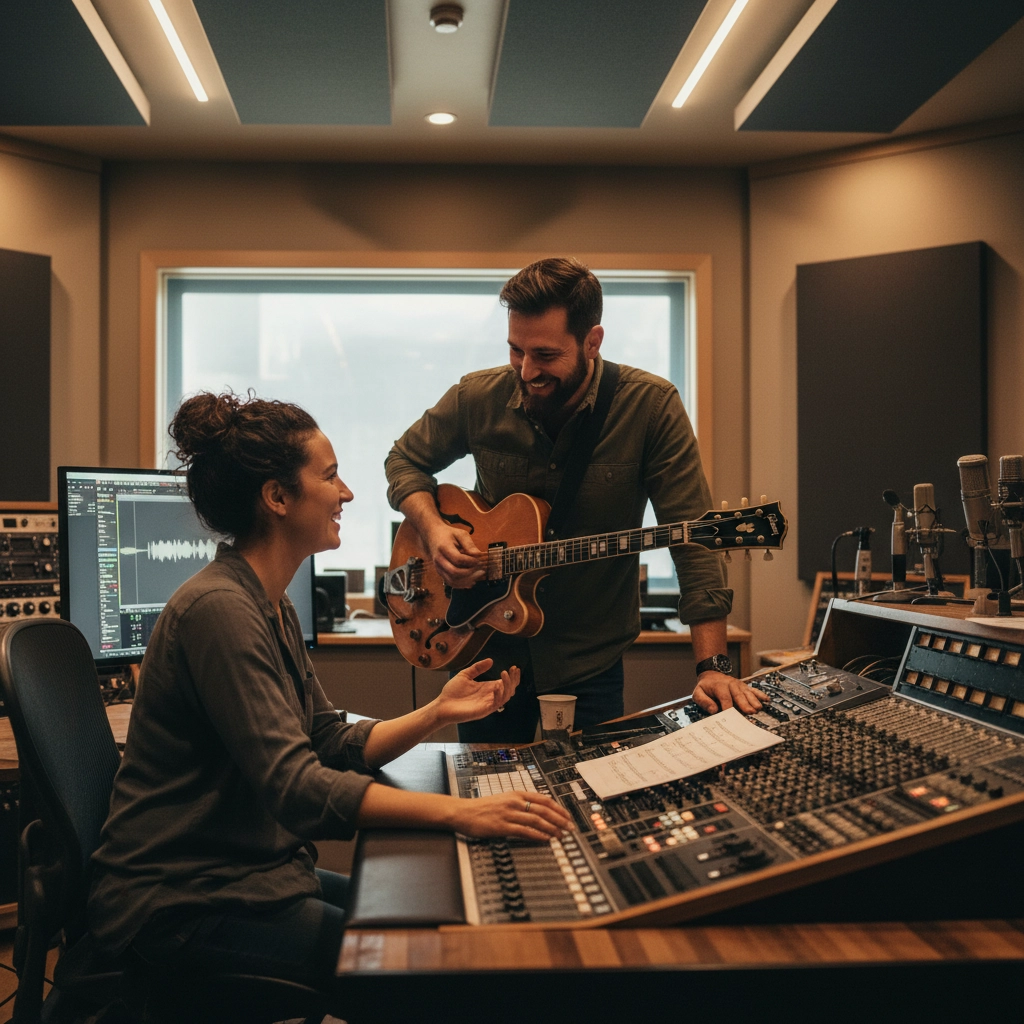
The proximity factor matters too. When musicians know they can access professional facilities locally, they’re more likely to use them strategically rather than viewing professional recording as a once-in-a-lifetime investment.
Finding the Right Balance
The smartest approach we’re seeing among Reno musicians isn’t an either-or decision between home and professional studios. Instead, it’s a strategic combination that leverages the strengths of both approaches.
Many artists use their home setups for songwriting, rough demos, and experimenting with ideas. Then they bring their most promising material to professional studios for tracking, mixing, and mastering. This hybrid approach maximizes both creative freedom and sonic quality while managing costs effectively.
Others reserve professional studio time for specific elements that benefit most from the professional environment: vocals, drums, or final mixing and mastering: while handling other aspects at home.
The Technical Evolution
The gap between home and professional studios has narrowed in some areas but widened in others. While home studio owners can access professional-grade software and some excellent hardware, the acoustic environment and monitoring chain remain significant differentiators.
Professional studios have also evolved, incorporating the best aspects of both worlds. Modern professional facilities offer the sonic advantages of traditional studios with more flexible, artist-friendly approaches to time and creativity.
Looking Forward
The future isn’t about home studios versus professional studios: it’s about using each approach where it makes the most sense. Home studios will continue to be crucial for creativity, experimentation, and accessibility. Professional studios will remain essential for projects that demand sonic excellence and collaborative energy.
For Reno musicians, this evolution represents opportunity. The local music scene has the creative talent and growing infrastructure to support both approaches, allowing artists to make strategic choices based on their specific projects rather than limiting themselves to one approach.
The key is recognizing that different projects have different needs. Your acoustic singer-songwriter album might benefit from a different approach than your full-band rock project or your experimental electronic work.
If you’re a Reno musician who’s been working exclusively at home, consider what a professional environment might add to your next project. The investment often pays dividends in ways that extend far beyond just sonic improvement: the collaborative process, creative insights, and technical expertise can elevate your music in unexpected directions.
At Abbey West Recording, we’re here to be part of that creative journey, whether you’re looking to capture a single song with professional polish or develop an entire album that represents the full scope of your artistic vision.
References:
[1] Home vs Professional Recording Studios: Differences Explained – MasterClass
[2] The Death of the Traditional Recording Studio – Sound on Sound Magazine
[3] Home Studio Benefits and Cost Analysis – Audio Production Resources
[4] Recording Industry Trends and Studio Evolution – Music Business Research

